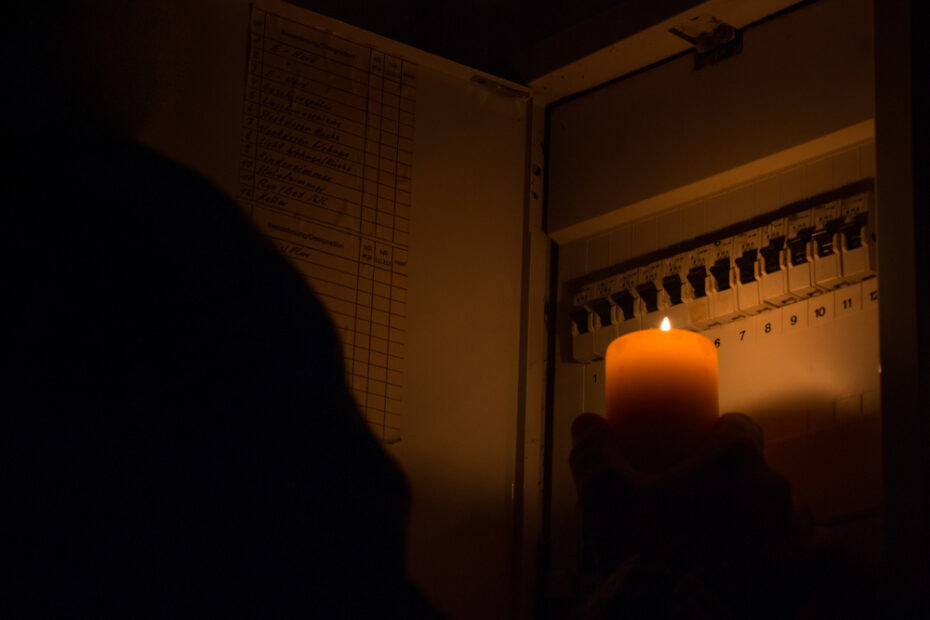Power outages are inevitable and can occur unexpectedly due to various reasons such as severe weather conditions, equipment failure, construction mishaps, or other unforeseen events. Being prepared for these situations is crucial to ensure the safety and well-being of yourself and others.
Below we share some effective strategies and tips to help you prepare for potential power outages.
1. Emergency Kit
One of the first steps in preparing for a power outage is assembling an emergency kit. This kit should include essential items to sustain you and your family for at least 72 hours. Some key items to include are:
- Non-perishable food items
- Water (at least one gallon per person per day)
- Flashlights and extra batteries
- First aid kit
- Medications
- Personal hygiene items
- Cash
- Important documents (ID, insurance policies, etc.)
Make sure to periodically check and update the contents of your emergency kit to ensure everything is in working order and within its expiration date.
2. Backup Power Sources
Investing in backup power sources can provide a reliable solution during prolonged power outages. Options include:
- Portable generators: These can power essential appliances and electronics. Make sure to operate generators outdoors to prevent carbon monoxide poisoning.
- Uninterruptible Power Supply (UPS): UPS units are ideal for keeping computers and sensitive electronic devices running during short power interruptions.
- Solar power: Consider installing solar panels or portable solar chargers to harness energy from the sun. This sustainable option can provide a continuous power source, especially in sunny regions.
3. Communication Plan
Establishing a communication plan is essential to stay connected with family members and neighbors and receive updates during power outages. Consider the following:
- Compile a list of emergency contacts, including local authorities, utility companies, neighbors, co-workers and family members.
- Have a battery-powered or hand-cranked radio to receive emergency broadcasts.
- Use social media platforms or messaging apps to stay in touch with others.
- Teach family members, especially children, about emergency procedures.
4. Prepare Your Home
Take steps to make your home more resilient to power outages:
- Install surge protectors to safeguard electronic devices from power surges when electricity is restored.
- Consider investing in a backup heating source, such as a propane or kerosene heater, to stay warm during winter outages.
- Insulate doors and windows to conserve heat in the winter and keep your home cool in the summer.
5. Learn Basic Skills:
Equip yourself with basic skills that can be invaluable during power outages:
- Learn how to safely operate a generator and other backup power sources.
- Know how to shut off utilities like gas and water in case of an emergency.
- Practice food safety measures, such as avoiding opening the refrigerator unnecessarily to preserve perishable items.
Power outages are a part of life, but with careful planning and preparation, you can minimize their impact on your daily routine.
Learn More
To find out about how Phoenix can help if you find yourself with damages, please click here.
For additional information on preparing for unforeseen power outages, check out this article.

